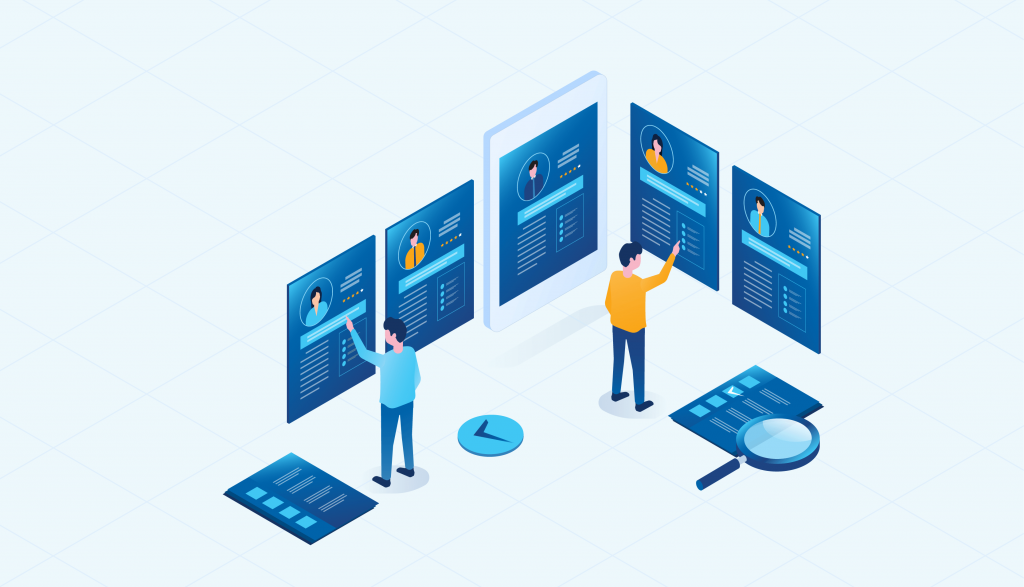The “Human” side to Human Resources can only manage so much in so little time before errors and hiccups inevitably pop from time to time; not to impugn the hard working people who are part of that department, this is more related to an overarching fact everyone has to deal with: basic human nature. This is specifically why HRIS systems have become so popular within the tech and IT industry, not only for production but also for adoption as well. This is simply because of the fact that implementing a HRIS system irons out all the possible errors and smooths out the human resource process within your company. However, with so many HRIS options out there, it can be hard selecting one that is specifically compatible with one’s company’s rules and work culture. With that being said, here are several important factors to consider when choosing a HRIS system for your company.
Dokodemo-Kerja is currently the best online attendance application in circulation, applying a full range of features used to flexibly increase overall employee productivity.Some of these features include Attendance & Leave Management, Task Organization, as well as Employee performance evaluation: all through just one application.
Manage Employees Easier through the Dokodemo-Kerja HRD Application. Try it now!
- Functionalities
All HRIS systems, despite being marginally different, usually hold a certain set of basic functionalities, such as application tracking, worker self service capabilities, compensation and position management, as well as the ability to sort out employee benefits from the application itself. Indeed, when choosing a HRIS system appropriate for your company, you’ll need to find out what functions are best suited to your company. You can either start out with a basic package from your HRSI provider, and then once you get the hang of how the system operates in the midst of your business’ dynamics, you can then upgrade the package and pick the features more specific and specialized to your company’s work culture. On the other hand, you can also use a comprehensive system from the very start that comes with most of the essential HRIS functions.

- Essential Technology
HRIS systems are almost always cloud based, which means that they will be powered by the internet, so therefore it will be necessary to make sure your office is connected. Indeed, it is rare for an office these days to not utilize the internet, however, in the case of using a HRIS system, the faster the internet the better. Furthermore, this gets trickier when your employee base is working remotely, as there is no telling what internet speed each and every one of your workers will have themselves.
An advanced HRIS system that effectively monitors the performances and productivity of your employees. WFO or WFH? Manage both and Stay Productive with Dokodemo-Kerja!
An affordable HRIS app that increases productivity. Check it out here!
- Support
Upon implementing your brand new HRIS system, you should be ready to start optimizing your workflow. However, due to the fast pace of technology and the ever changing times that we find ourselves in, be sure to fully understand the application that you have chosen to implement, and more importantly, make sure to develop some sort of rapport with your HRIS system providers. Just because you are using a specific application, does not mean that the very same application can eventually become outdated and hence becomes more of a burden in the face of changing technology. Therefore, it is key that your office is in contact with someone who is familiar with the application you have chosen, and can direct your time to the latest updates that your HRIS provider makes available to its customers.
- Scalability
In order to receive the best and most optimized services from your HRIS application, make sure that the app you have selected for your business are able to naturally integrate itself within your current established systems, and make sure that the chosen HRIS platform does not conflict with existing platforms currently being used within your business, such as accounting systems, job costing applications, direct carrier connections and so on. This goes for future platforms that might or might not be eventually used.







